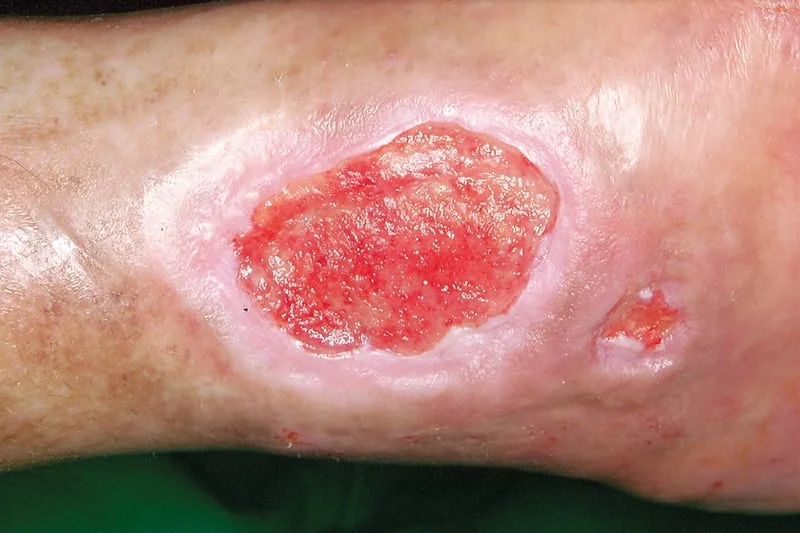Diabetes can impair some of the body’s essential functions, specifically the ability to heal wounds such as cuts, burns, scratches, scrapes, or blisters. In people with varying blood sugar levels, injuries heal slower. They can even progress more quickly, leading to severe dermal conditions. For example, a wound in the foot can lead to foot ulcers or foot infections because of this slow recovery process.
How does diabetes affect wound healing?
How does diabetes affect wound healing? There are significant factors that influence wound healing in diabetes patients. These include:
High blood glucose levels
– An elevated blood sugar can narrow blood vessels and stiffen the arteries.
– If your blood sugar level is higher than usual, it prevents essential nutrients and oxygen from stimulating and regenerating your cells.
– A hyperglycemic episode can prevent the immune system from functioning.
– If diabetes spikes are frequent, inflammation occurs in the body’s cells.
All these factors can slow down the body’s ability to heal wounds.
Poor circulation
One complication common in type 2 diabetes is peripheral vascular disease. It is a condition that narrows blood vessels and impairs adequate blood flow to the limbs. The same situation also limits red and white blood cells from effortlessly passing through the blood vessels.
Red blood cells carry the essential nutrients to the tissues, and white blood cells fight the infection. An insufficient supply of these blood red and white blood cells and oxygen to the wounded area compromises the healing process.
Diabetic Neuropathy
Diabetic neuropathy is a major diabetes complication identified with nerve damage and loss of sensation because of high blood sugar levels. When diabetes is uncontrolled, the nerves in the body become ineffective. This results in a gradual loss of sense (especially in the feet). As a result, their nerves and brain cannot identify and respond to physical injuries.
Immune system deficiency
An impaired immune system compromises the body’s capacity to send immune fighter cells to heal wounds. This phenomenon leads to a slower wound-healing process and a higher risk of a more severe infection.
Takeaway
You should take wounds seriously if you have diabetes. If you experience scratches and cuts that do not heal quickly, consider visiting your healthcare professional immediately. Prevent the development of bigger complications by taking immediate action.


